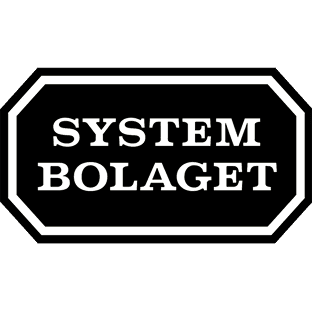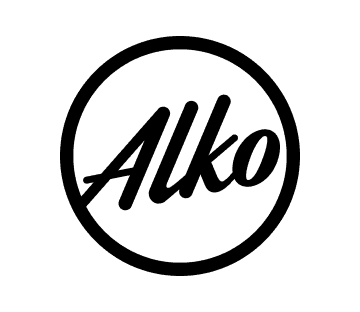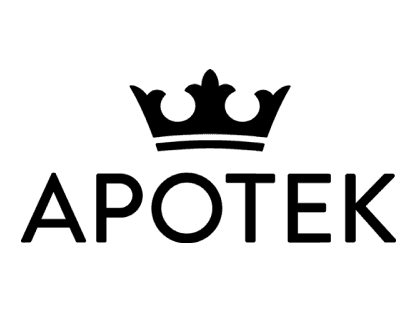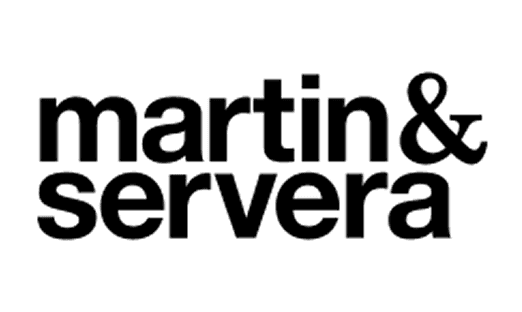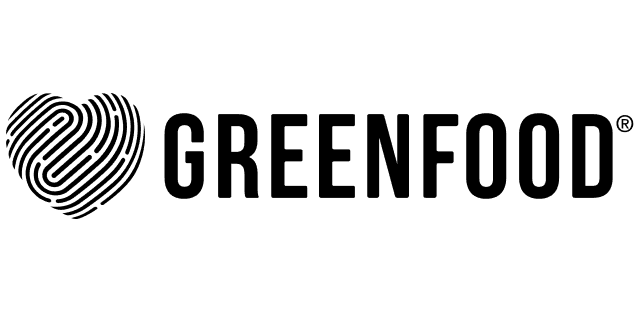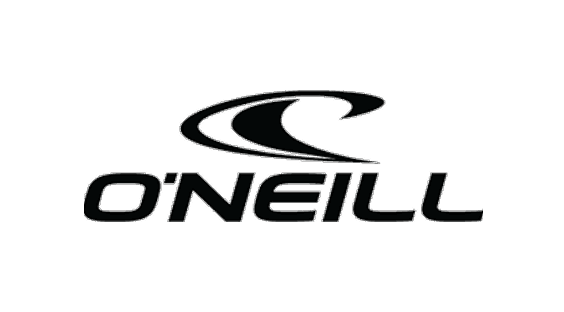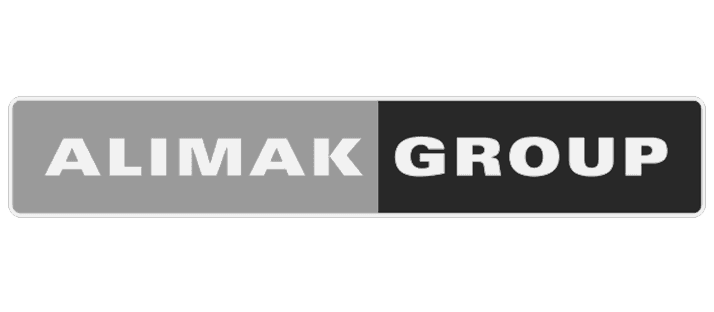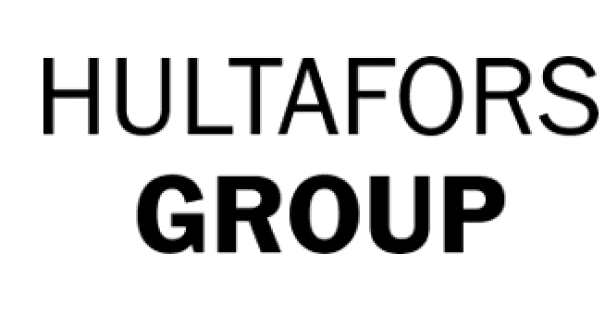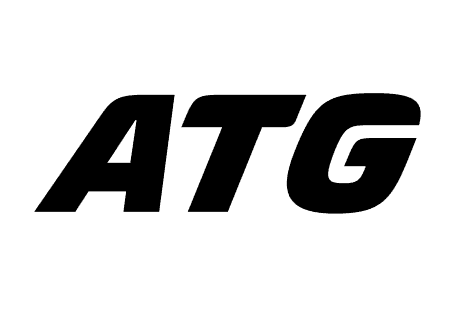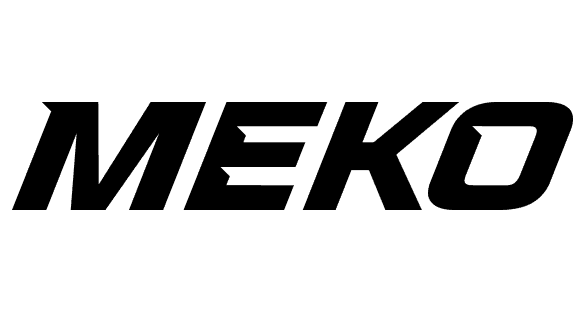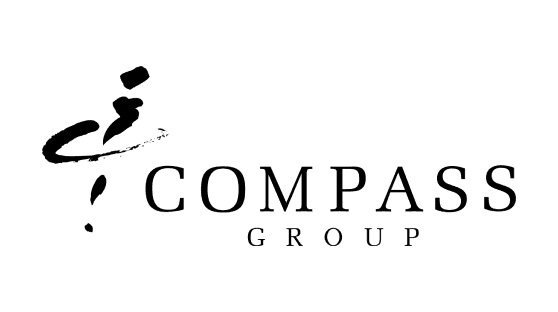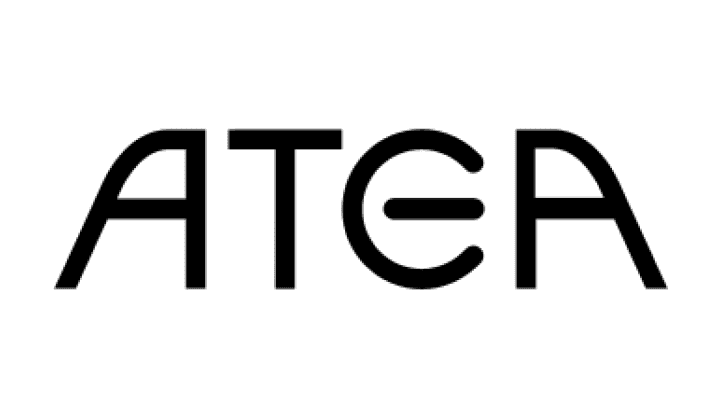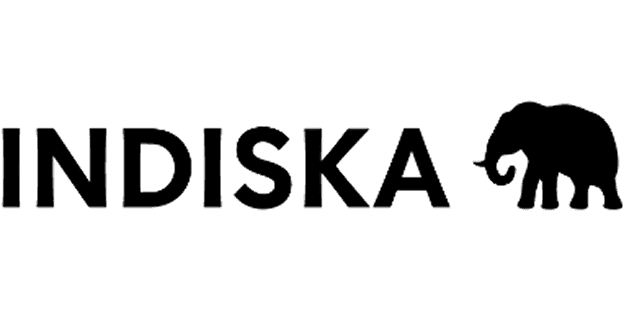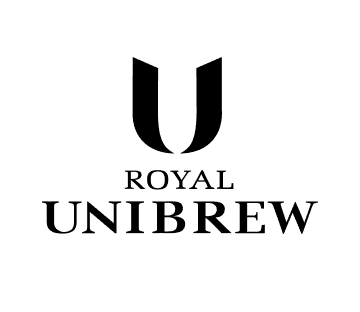Corporate Sustainability Reporting Directive (CSRD)
Supply chain reporting under CSRD
The EU's Corporate Sustainability Reporting Directive (CSRD) requires companies to disclose sustainability-related impacts, risks, and opportunities annually.
Audit-ready • Built-in ESG expertise
Corporate Sustainability Reporting Directive (CSRD)
Supply chain reporting under CSRD
The EU's Corporate Sustainability Reporting Directive (CSRD) requires companies to disclose sustainability-related impacts, risks, and opportunities annually.
Corporate Sustainability Reporting Directive (CSRD)
Supply chain reporting under CSRD
The EU's Corporate Sustainability Reporting Directive (CSRD) requires companies to disclose sustainability-related impacts, risks, and opportunities annually.
How Worldfavor supports CSRD
Make CSRD reporting structured and scalable
CSRD requires companies to collect, structure, and report ESG data across their operations and value chain.
Worldfavor helps turn CSRD requirements into a repeatable reporting process that teams can run year after year.
Collect CSRD-ready ESG data efficiently, with AI-assisted screening and guidance
Structure reporting across entities, suppliers, and topics
Generate consistent, auditable disclosures with confidence

How Worldfavor supports CSRD
Make CSRD reporting structured and scalable
CSRD requires companies to collect, structure, and report ESG data across their operations and value chain.
Worldfavor helps turn CSRD requirements into a repeatable reporting process that teams can run year after year.
Collect CSRD-ready ESG data efficiently, with AI-assisted screening and guidance
Structure reporting across entities, suppliers, and topics
Generate consistent, auditable disclosures with confidence

How Worldfavor supports CSRD
Make CSRD reporting structured and scalable
CSRD requires companies to collect, structure, and report ESG data across their operations and value chain.
Worldfavor helps turn CSRD requirements into a repeatable reporting process that teams can run year after year.
Collect CSRD-ready ESG data efficiently, with AI-assisted screening and guidance
Structure reporting across entities, suppliers, and topics
Generate consistent, auditable disclosures with confidence

Comprehensive ESG reporting
CSRD requirements, made clear
CSRD defines how companies must collect, structure, and disclose sustainability information across their operations and value chain.
Comprehensive ESG reporting
CSRD requirements, made clear
CSRD defines how companies must collect, structure, and disclose sustainability information across their operations and value chain.
Comprehensive ESG reporting
CSRD requirements, made clear
CSRD defines how companies must collect, structure, and disclose sustainability information across their operations and value chain.
Requirements & obligations
Comprehensive ESG reporting
Companies must report on environmental, social, and governance (ESG) impacts - across its value-chain.
Comprehensive ESG reporting
Companies must report on environmental, social, and governance (ESG) impacts - across its value-chain.
Comprehensive ESG reporting
Companies must report on environmental, social, and governance (ESG) impacts - across its value-chain.
Double materiality assessment
Evaluate both how sustainability matters impact your company and how your company impacts the environment and society.
Double materiality assessment
Evaluate both how sustainability matters impact your company and how your company impacts the environment and society.
Double materiality assessment
Evaluate both how sustainability matters impact your company and how your company impacts the environment and society.
Broader Scope
The directive applies to all large companies, listed SMEs, and subsidiaries of large groups within the EU.
Broader Scope
The directive applies to all large companies, listed SMEs, and subsidiaries of large groups within the EU.
Broader Scope
The directive applies to all large companies, listed SMEs, and subsidiaries of large groups within the EU.
Companies affected
Companies in scope
Large EU companies, listed SMEs, and non-EU companies with significant EU operations.
Companies in scope
Large EU companies, listed SMEs, and non-EU companies with significant EU operations.
Companies in scope
Large EU companies, listed SMEs, and non-EU companies with significant EU operations.
Companies in-directly
Suppliers and partners in the value chain who may be required to provide data.
Companies in-directly
Suppliers and partners in the value chain who may be required to provide data.
Companies in-directly
Suppliers and partners in the value chain who may be required to provide data.
Sustainability expertise
ESG expertise, built into the platform
Worldfavor combines sustainability expertise and product development to help companies meet evolving ESG requirements with confidence.
Sustainability specialists embedded in product development
ESG content continuously updated to reflect regulations
Transparent methodologies with no black-box scoring

Sustainability expertise
ESG expertise, built into the platform
Worldfavor combines sustainability expertise and product development to help companies meet evolving ESG requirements with confidence.
Sustainability specialists embedded in product development
ESG content continuously updated to reflect regulations
Transparent methodologies with no black-box scoring

Sustainability expertise
ESG expertise, built into the platform
Worldfavor combines sustainability expertise and product development to help companies meet evolving ESG requirements with confidence.
Sustainability specialists embedded in product development
ESG content continuously updated to reflect regulations
Transparent methodologies with no black-box scoring

Free ressources
Practical ESG resources to help you move faster
Free guides and policy templates to help you and your suppliers build and improve ESG practices.
Free ressources
Practical ESG resources to help you move faster
Free guides and policy templates to help you and your suppliers build and improve ESG practices.

Webinar
Getting started on CSDDD while reporting on CSRD

Webinar
Essential steps to prepare your supply chain for CSRD

Guide
The CSRD supply chain checklist

Webinar
The CSRD supply chain reporting requirements

Guide
CSRD and ESRS: a guide to get you started

Webinar
Explaining the Corporate Sustainability Reporting Directive (CSRD)
Legislations
Journey to compliance
The entire due diligence process into one place with a seamless, data-driven approach - ensuring transparency, compliance, and action at every stage.
Legislations
Journey to compliance
The entire due diligence process into one place with a seamless, data-driven approach - ensuring transparency, compliance, and action at every stage.
Legislations
Journey to compliance
The entire due diligence process into one place with a seamless, data-driven approach - ensuring transparency, compliance, and action at every stage.
Features
Top platform for CSRD
Worldfavor ensures effortless compliance for you
Features
Top platform for CSRD
Worldfavor ensures effortless compliance for you
Structure CSRD supply chain data with Sustainable Sourcing
Free demo • No commitment • 30 minutes
Structure CSRD supply chain data with Sustainable Sourcing
Free demo • No commitment • 30 minutes
Structure CSRD supply chain data with Sustainable Sourcing
Free demo • No commitment • 30 minutes
